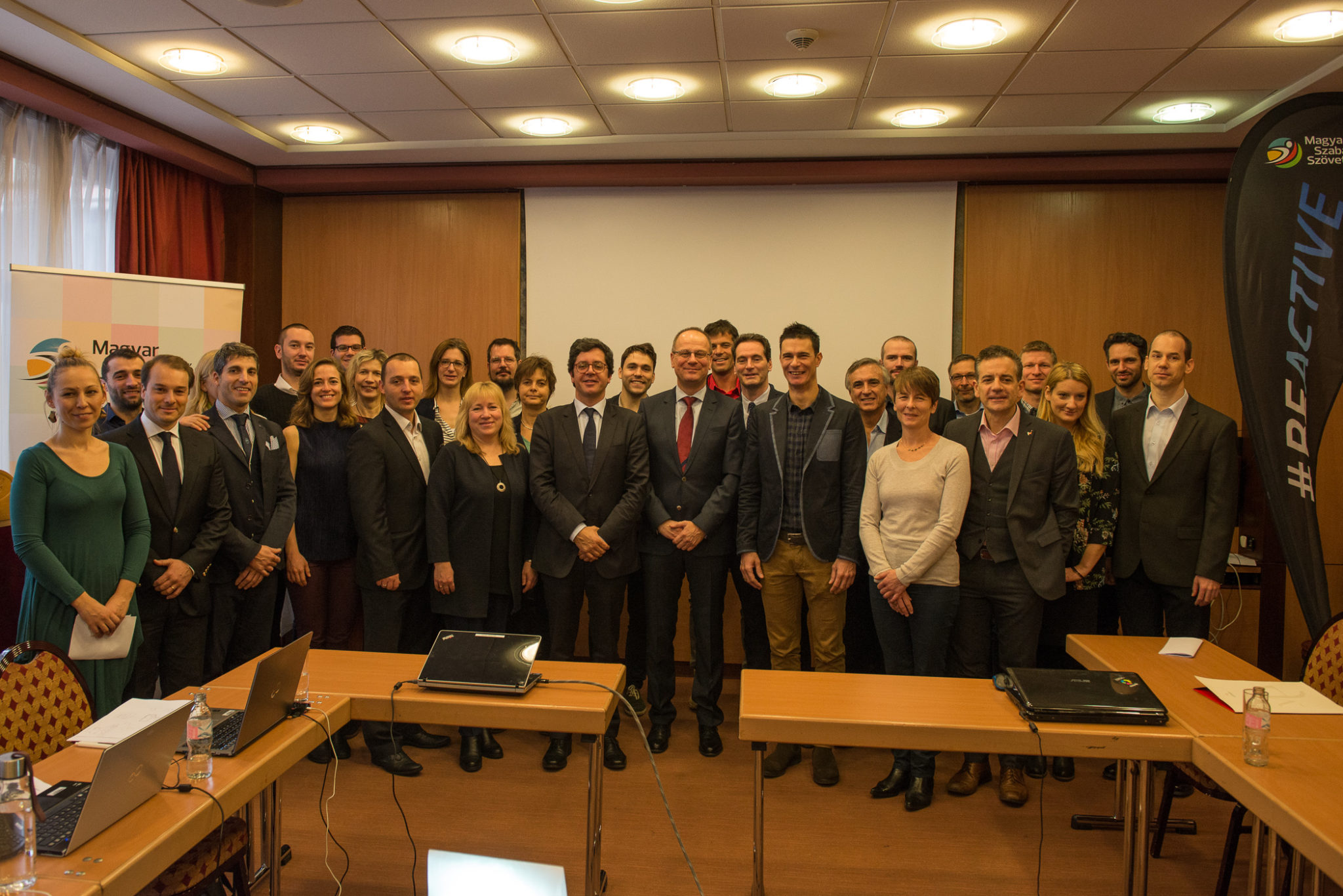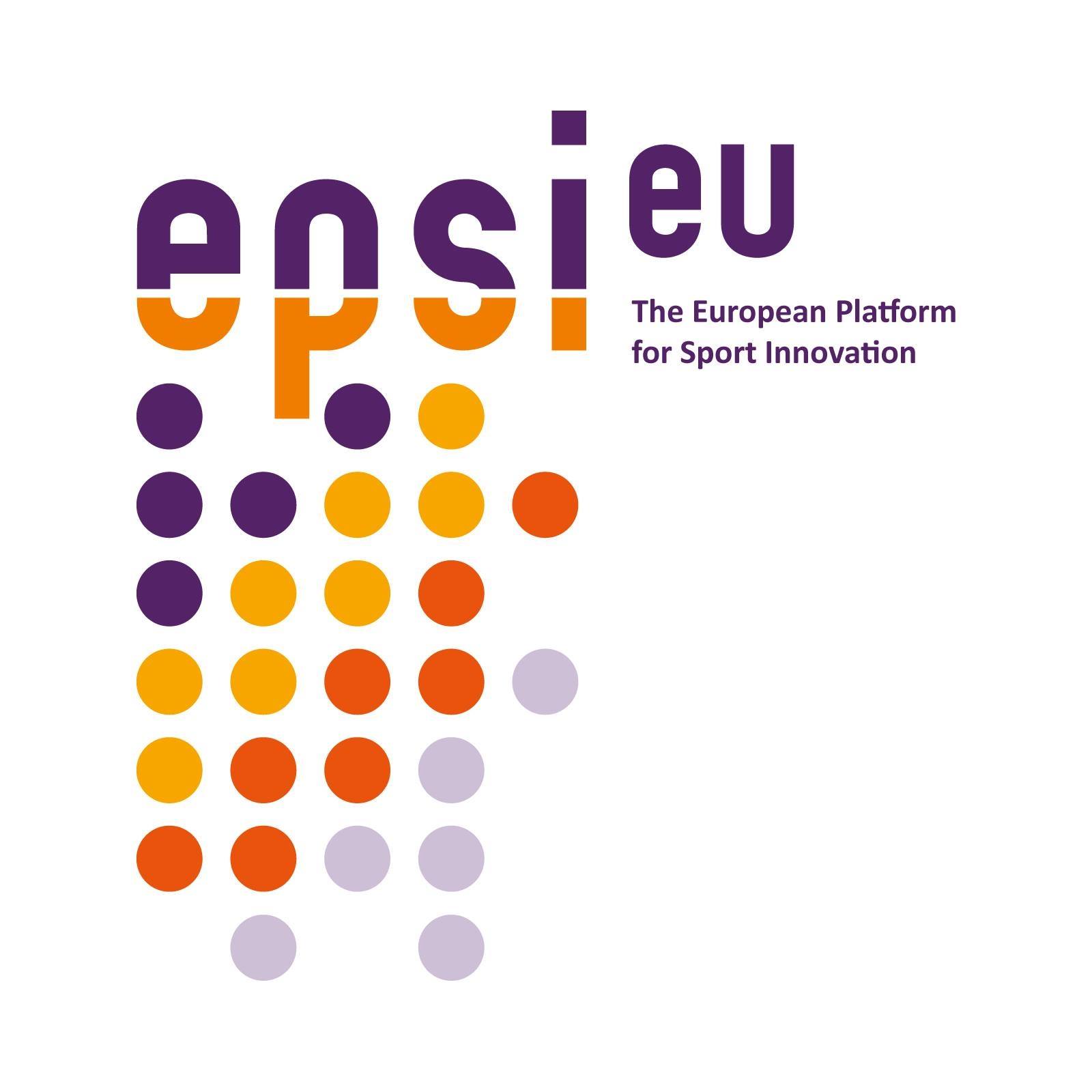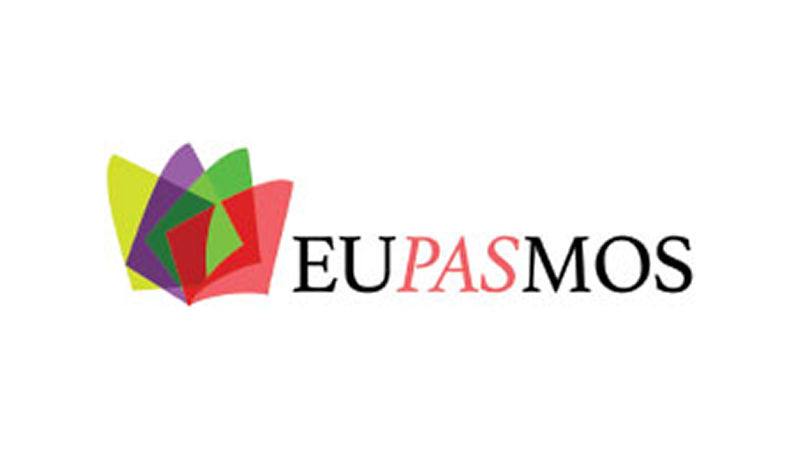EUPASMOS PROJECT
European Union Physical Activity and Sport Monitoring System


The Project
The aim of the EUPASMOS project is to implement a harmonized physical activity and sport monitoring system, through the development of an integrated and shared methodological process.
Project summary
The European Union Physical Activity and Sport Monitoring System (EUPASMOS) is a two-year project jointly funded by the European Commission, through the Erasmus+ Sport grant for Collaborative Partnerships, and participating European Union Member States. The project will run between January 2018 and December 2019.
The aim of the EUPASMOS project is to implement a harmonized physical activity and sport monitoring system, through the development of an integrated and shared methodological process that will provide comparable, valid and reliable physical activity and sport participation data across EU Member States. This will support Member States, the European Commission, the WHO and other relevant organizations in the design, promotion, implementation and surveillance of effective, evidence-based HEPA and sport policies and strategies across Europe and different governance levels.
Twelve Member States are actively participating in the project, namely Bulgaria, Cyprus, Finland, France, Italy, Hungary, Latvia, Netherlands, Portugal, Slovenia, Spain and Sweden.
General Objectives
-
To establish a monitoring framework to assess sedentary behavior patterns, PA and sport participation in EU MS.
-
To compare commonly used questionnaires for physical activity (PA) surveillance, such as the Global Physical Activity Questionnaire (GPAQ), International Physical Activity Questionnaire (IPAQ) and the Eurobarometer, as well as national PA questionnaires, where applicable, with each other and with objective accelerometer data in a validation study using representative samples from EU partner countries.
-
To analyze and compare sedentary behavior patterns and PA and sport participation prevalence rates across European MS based on the results obtained in the validation study.
-
To develop a toolkit to build and reinforce Member State’s capacity to monitor, analyze and compare sedentary behavior patterns, PA and sport participation prevalence data.
-
To support the development of the PA section of the WHO’s European Health Information Gateway database, aligning it with the EU HEPA monitoring framework.
Full List of Partners
- Bulgarian Ministry of Youth and Sports
- Cyprus Sport Organization
- University Clermont Auvergne, France
- Hungarian Leisure Sport Association
- Italian People’s Sports Movement (Movimento Sportivo Popolare Italiano)
- Latvian Academy of Sport Education
- National Institute for Public Health and the Environment (Rijksinstituut voor Volksgezondheid en Milieu)
- Portuguese Institute of Sport and Youth (Instituto Português do Desporto e Juventude, I.P.)
- Spanish Agency for the Protection of Health in Sport (Agencia Española de Protección de la Salud en el Deporte)
- University of Ljubljana
- The Public Health Agency of Sweden (Folkhälsomyndigheten)
Associate Collaborative Partners
- WHO Regional Office for Europe
- The Association For International Sport for All – TAFISA
- EuropeActive
- European Platform for Sport Innovation – EPSI
- International Sport and Culture Association – ISCA
- Institute of Sport Science and Sport – ISS
- Robert Koch Institute – RKI
- European Cyclists’ Federation – ECF
Latest News
-30 DAYS to Greece at unmissable price
Less than 30 days to get discounted tickets for the EPSI Annual Conference 2024. Early bird tickets expires at the end of June
Erasmus+ Call on Sport: A Record-Breaking Achievement
EPSI and its network of members achieved a record success in 2024 with 42 Project Proposals submitted to the Erasmus+ Call on Sport of European Union
Motor and cognitive skills in Handball: insights from Constanta University
To develop an online training course for handball coaches all over Europe, partners of the project set out to report on the best practices available, conducting comparative analysis with other sports and identifying what makes good practices successful.




